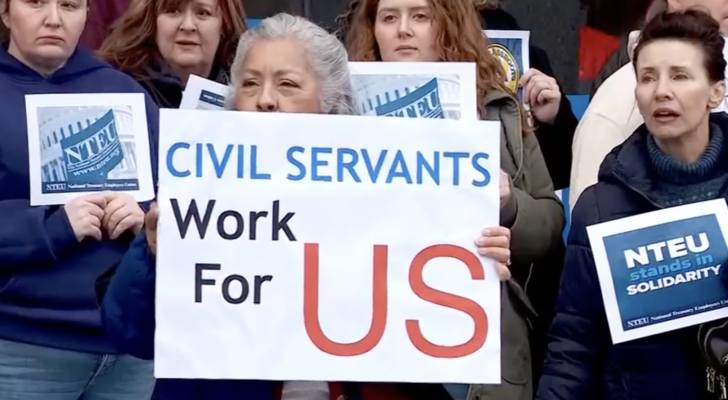Do you rely on your monthly Social Security check to get by? Here are 3 simple money moves for US seniors during Trump’s presidency


We adhere to strict standards of editorial integrity to help you make decisions with confidence. Some or all links contained within this article are paid links. Many Americans are heavily reliant — even solely reliant — on their Social Security benefit to get by in retirement. More than half of non-retired Americans (53%) expect to […]
Charles Barkley says Michael Jordan gave him 1 golden financial tip in his early NBA days that made him millions — here is the big money move and how you can use it to get rich, too
We adhere to strict standards of editorial integrity to help you make decisions with confidence. Some or all links contained within this article are paid links. Young athletes have been known to blow through their first big paycheck. Former NBA star Charles Barkley almost did, too — until Michael Jordan gave him one life-changing financial […]
How much is the average Social Security check of a middle-class retiree?


We adhere to strict standards of editorial integrity to help you make decisions with confidence. Some or all links contained within this article are paid links. Social Security is an important piece of the retirement puzzle, particularly for middle-class retirees who count on the safety net to supplement their post-career income. But if you see […]
Here are 5 simple signs that someone is secretly broke in America — do they apply to the people around you?


We adhere to strict standards of editorial integrity to help you make decisions with confidence. Some or all links contained within this article are paid links. It’s natural to be curious about how well off — or not — our friends, neighbors and peers are. And for better or worse, social media makes it easy […]
Home prices keep climbing, but a sea change may be coming — will buyers finally catch a tailwind and sail ahead, or are sellers at risk of being dead in the water?


We adhere to strict standards of editorial integrity to help you make decisions with confidence. Some or all links contained within this article are paid links. Like an island on the horizon, owning a home has never felt more out of reach. Year after year, home prices have climbed higher, leaving many buyers fighting a […]
Utah couple were both fired from their IRS jobs as part of DOGE cuts — husband says it was his ‘retirement plan.’ Here’s how to protect (and grow) your nest-egg even without a job


We adhere to strict standards of editorial integrity to help you make decisions with confidence. Some or all links contained within this article are paid links. Hundreds of Ogden, Utah IRS employees are expected to be laid off in the coming months, reports KUTV. The layoffs are part of President Donald Trump and DOGE’s plan […]
‘I learned the hard way’: Dave Bautista said his house was foreclosed on and he ‘lost everything’ after leaving WWE — but got the ‘best’ money advice from ‘The Undertaker’


We adhere to strict standards of editorial integrity to help you make decisions with confidence. Some or all links contained within this article are paid links. Dave Bautista is among the few professional wrestlers who successfully transitioned to a career in Hollywood. Millions of fans followed his journey from the ring to the silver screen, […]
‘I work for a living’: Whoopi Goldberg says she relates to Americans ‘having a hard time’ — admits she’d leave ‘The View’ if she had ‘all the money in the world’


We adhere to strict standards of editorial integrity to help you make decisions with confidence. Some or all links contained within this article are paid links. Whoopi Goldberg has been co-hosting ABC’s “The View” since 2007, making her the longest serving member on the successful daytime show’s panel. However, the celebrated actor and comedian with […]
36% of millionaires say it’ll ‘take a miracle’ to retire amid rising costs and a shaky market — how to get on the right track even if you don’t have $1 million in the bank


We adhere to strict standards of editorial integrity to help you make decisions with confidence. Some or all links contained within this article are paid links. If you’re planning on putting your feet up by the coast and sipping margaritas in your golden years, make sure you’ve got the funds for it. These days, even […]
The world’s ultra-rich including Musk, Zuckerberg, and Bezos added $2 trillion to their vaults this year — steal these 6 money-boosting moves now and ride along for the next big jump


We adhere to strict standards of editorial integrity to help you make decisions with confidence. Some or all links contained within this article are paid links. The 39th annual Forbes billionaire list is out, and it’s a jaw-dropper. The number of billionaires has surged to 3,028, a record for the list. Together, these individuals hold […]